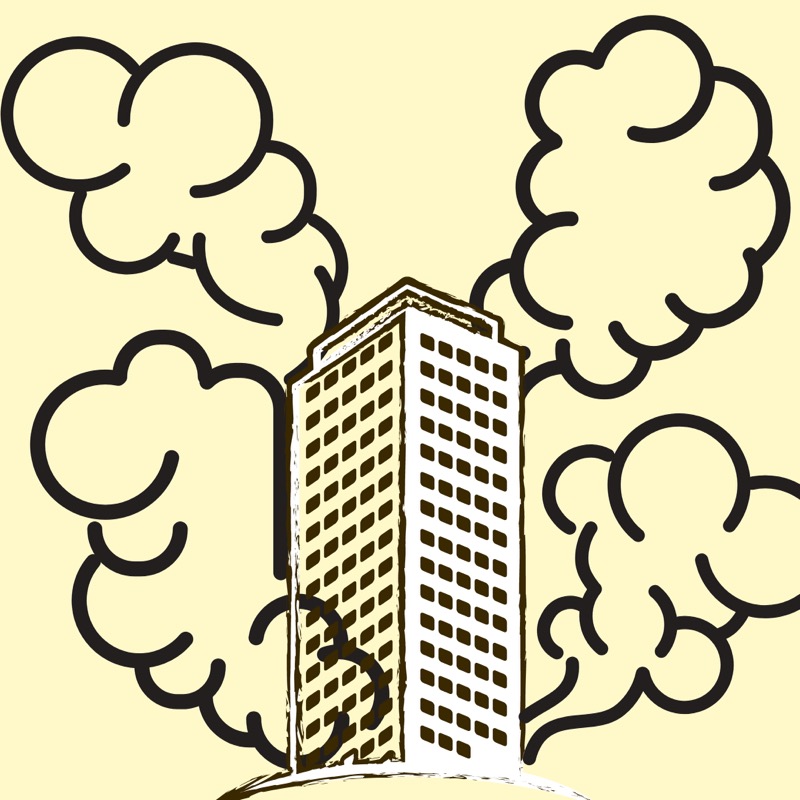
Nicole Nguyen explains the terror of the “nuclear-like” attack on the Lebanese capital Beirut.
By Nicole Nguyen Credit: The Myriad News
An Explosion at Beirut Incites Panic
Beirut, Lebanon was swallowed whole by an explosion, as its buildings rocked while claiming 78 lives and injuring hundreds. In a nearby industrial port, home to a plethora of hazardous and highly combustible chemicals, around 4,000 workers were injured as well. One local had recalled in a Daily Mail interview, “People were screaming and running, bleeding. Balconies were blown off buildings.”
Officials cannot pinpoint the exact source of the explosion but regardless, Lebanon is in mourning on this sad day. Streets are ravaged, bloodied broken glass scattered on the ground and children stripped away from their families.
Wounded bodies lie on the streets, waiting for medical attention as hospitals are flooded with the sudden surge of patients. The impact was so widespread that even Cyprus, which 200 kilometers away from Beirut, had reported shaking.
The Explosion Will Negatively Affect the Economy
The United States Geological Survey had measured the explosion to be a magnitude of 3.3. While a 3.3 earthquake is considered “minor”, the shaking combined with plumes of smoke and collapsing buildings was enough for the residents to claim the country as “cursed”.
Neighboring and faraway cities now have their streets paved with glass, the sound of the explosions forever etched in their brains. One of Lebanon’s news outlets was shown in a video covered in flames, with dispatched firefighters tackling the horrific scene as its stony facade crumbled away.
This explosion occurred while the country is still wrecked by economic collapse. As CBS news reports, poverty has skyrocketed in Lebanon. Many have lost jobs from the Covid-19 pandemic and rebuilding a city won’t be cheap. To make matters worse, tensions between Israel and Lebanon’s Hezbollah are continuing to rise. Adding an explosion on top of it was only exacerbating Lebanon’s current state.
The Lebanese Government Plans To Take Action
Lebanese Prime Minister Hassan Diab announced this event would not “pass without accountability.” Diab plans to make sure those who were responsible for this attack will be punished accordingly and he intends to release information on the explosive warehouse to the public very soon.
Lebanese president Michael Auon declared a state of emergency soon after the explosion. Auon announced the warehouse had stored 2,750 tonnes of ammonium nitrate for six years without safety measures. Ammonium nitrate is a chemical used for explosives seen in mining and construction.
The ammonium nitrate was stockpiled for a long period of time without any regulation or oversight, making this theory of how the explosion originated seem most plausible. While the warehouse has not been confirmed as the exact cause of the explosion, Auon plans to further investigate the matter and dole out necessary punishments.
